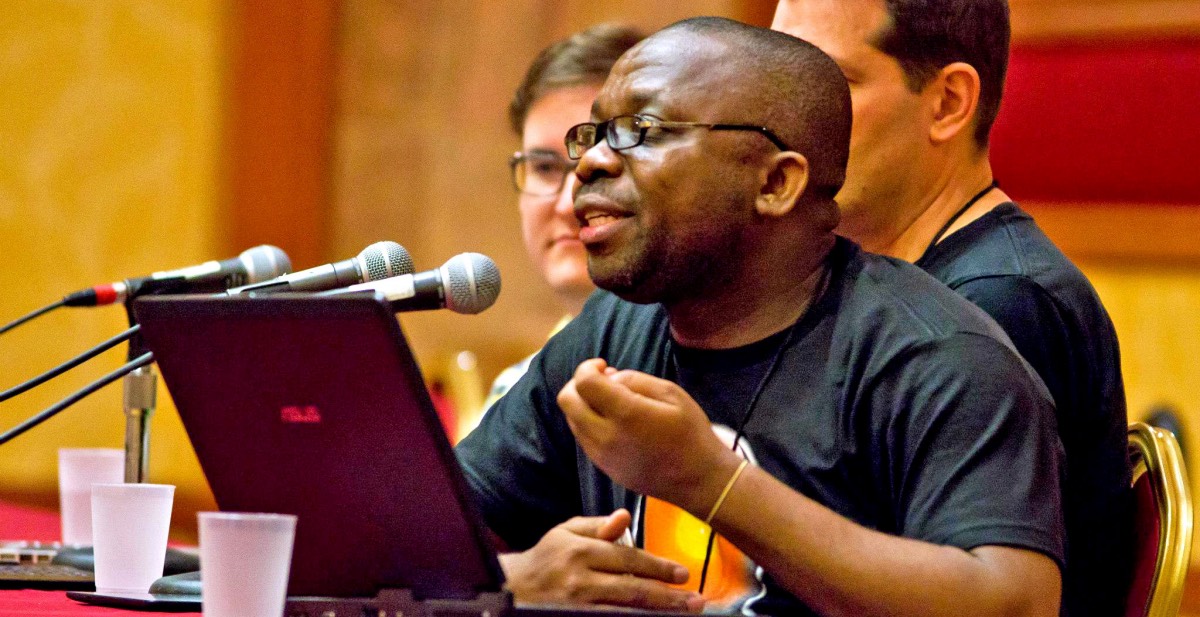Think Aloud is an initiative by the Critical Thinking Social Empowerment Foundation to foster critical thinking culture in schools, and in the society at large. The goal is to realize a sociocultural change and substitute a culture of suppression of questions with a habit of expression of doubts and critical viewpoints.
The poor state of education and schooling is often rooted in limited focus and appreciation of these mental skills. Educational authorities put much emphasis on literacy, that is, the ability to read, write and effectively communicate. And numeracy, the ability to understand and work with numbers. No doubt, these skills are foundational to education and learning. But they are not enough. For instance, in an attempt to improve the quality of education, the government launched a program, Read Aloud.
This initiative encourages children to read out loud, to improve their proficiency in reading, comprehension and communication. This program aims to create and stimulate interests of children in reading books and other forms of literature. It is a part of the effort to improve the reading culture in schools and society at large. To this end, the Lagos state government has been promoting “Read Aloud Lagos”.
It urges parents and families to read aloud every day for 20 minutes so that children can develop and become lifetime readers.
According to the Read Aloud Lagos web site, the program “builds many important foundational skills, introduces vocabulary, provides a model of fluent, expressive reading, and helps children recognize what reading for pleasure is all about”.
Indeed, reading is the bedrock of learning and comprehension. It helps in nourishing the mind. Without a robust reading culture, children cannot effectively communicate or express themselves.
Their ability to demonstrate knowledge and understanding is impaired. While it is important to teach children to read, and get them to improve their use and knowledge of words, it is equally pertinent to get them to think about what they read, and communicate. Children are by nature curious and inquisitive.
It is necessary to encourage them to fully exercise their curiosity and inquisitiveness and question and interrogate the texts they read. In many cases what children read or are made to read are not true or are partially so. Many texts contain gaps in reasoning and construction, incorrect ideas and mistaken opinions. They misrepresent issues, and portray one sided views and representations.
So, while it is important to encourage children to read aloud, it is imperative to equip them with questioning skills and compliment their reading program with an initiative that emphasizes critical thinking, reflection and interrogation. It is necessary to give children and families the tools and facilities that can enable them ponder and contemplate, think aloud, yes critically reason aloud.
As a part of this program, participants, in this case, children, are made to generate questions without inhibitions. They are nudged to give free rein to their curious and inquisitive minds. They are encouraged to ask any questions that occur to them; questions that go through their minds while performing particular tasks, and while carrying out everyday duties and assignments. The program is predicated on the notion that humans have and habor questions from childhood to adulthood, from the cradle to the grave. Human beings are questioning beings, Homo interrogans. They entertain doubts and objections in all areas of human endeavour. Interrogation of issues is a part of the human make up, mental operations and intellectual chemistry. Questions occur or pop up in the minds of people while performing various tasks. Many people refrain from asking questions due to the heavy price and penalty on interrogation of issues and authorities. Questions are part and parcel of everyday experiences. Questions draw attention, and enlighten. Questions try to foreground sides, aspects and forms too often ignored or overlooked. Questions accentuate human sense of taste, and appetite for knowledge, the hunger for wisdom and the quest for truth and understanding. Questions form a key part of the human learning process. They drive human curiosity, exploration, investigation and sense of inquiry. Incidentally, many questions largely go unexpressed or suppressed due to a lack of space, program or opportunity to openly and publicly ask them. Many questions do not see the light of the day due to dogmatic and authoritarian vested interests, due to a culture that rewards and makes a virtue out of blind faith and unquestionability, rote learning, memorization and regurgitation of whatever has been taught or preached. The program, Think aloud, is an effort and initiative to change this culture of learning and foster curiosity and inquisitiveness in children. It aims to transform the educational sector by encouraging free interrogation of ideas, texts, issues and experiences in schools.
Education authorities should embrace this initiative, and seize the opportunity to improve the quality of learning in schools. Children must be taught to read and numerate. But more importantly, children must be taught to question what they read and numerate.
Leo Igwe directs Critical Thinking Social Empowerment Foundation. He can be reached by email HERE.
The opinions expressed in this article are solely those of the author.







